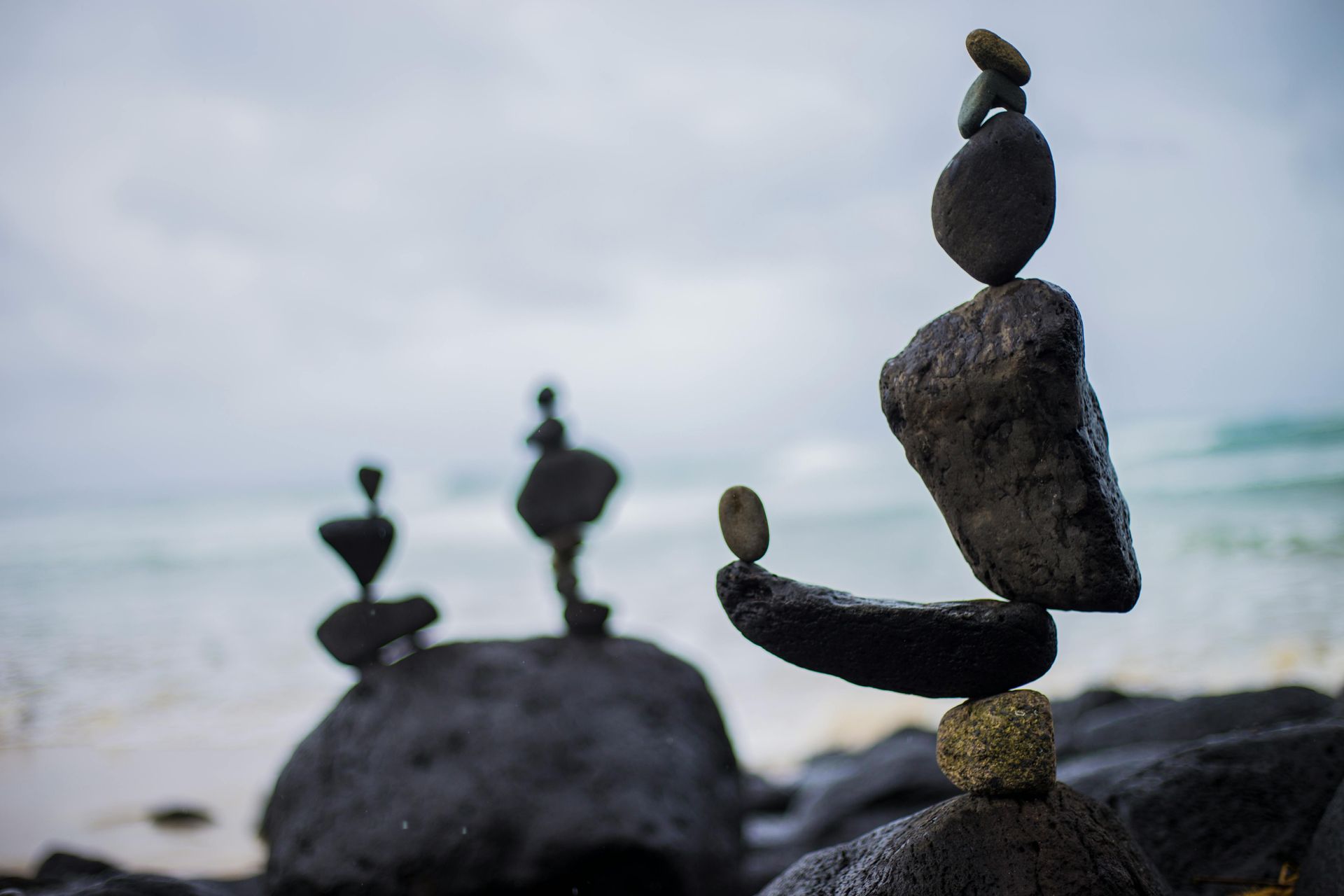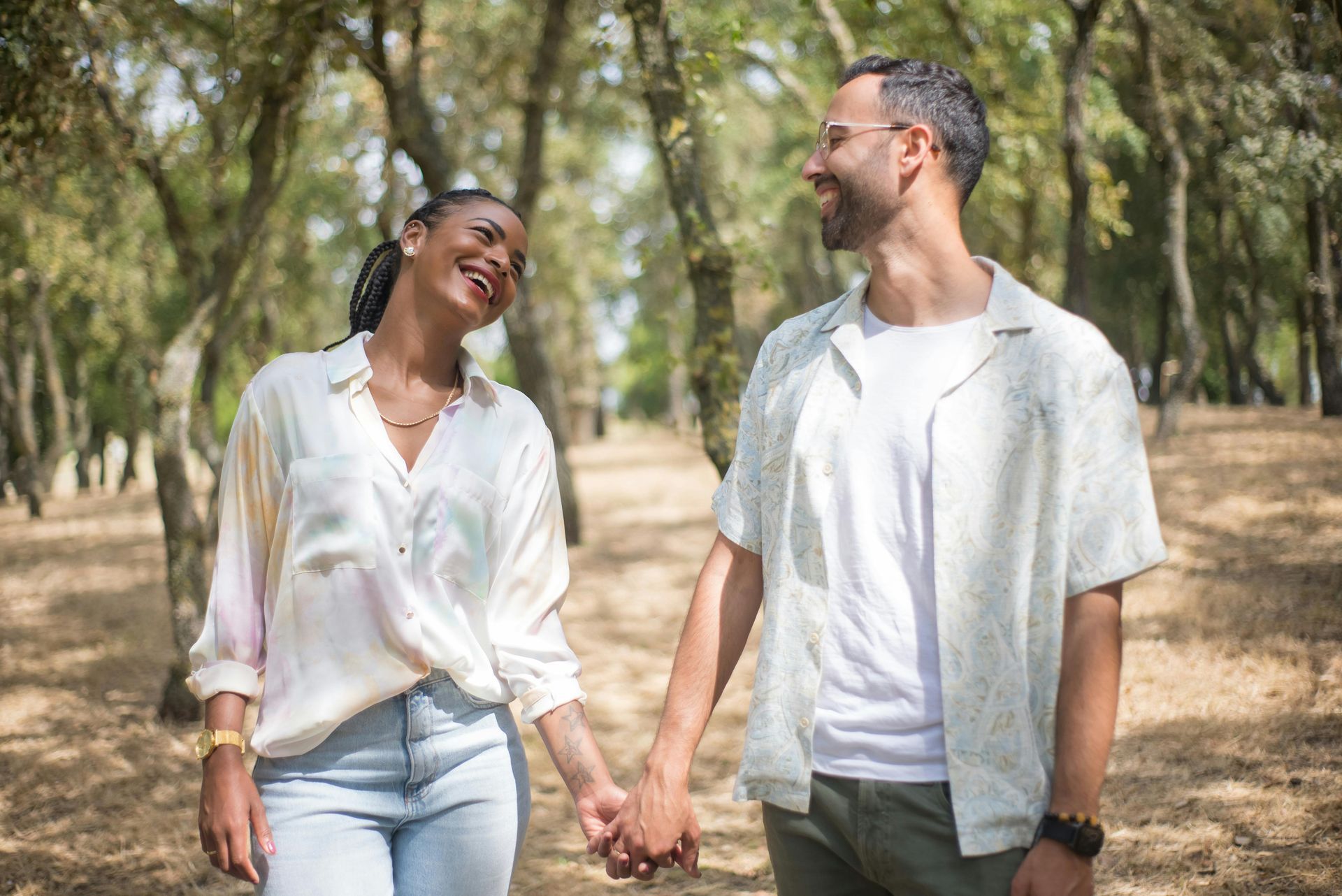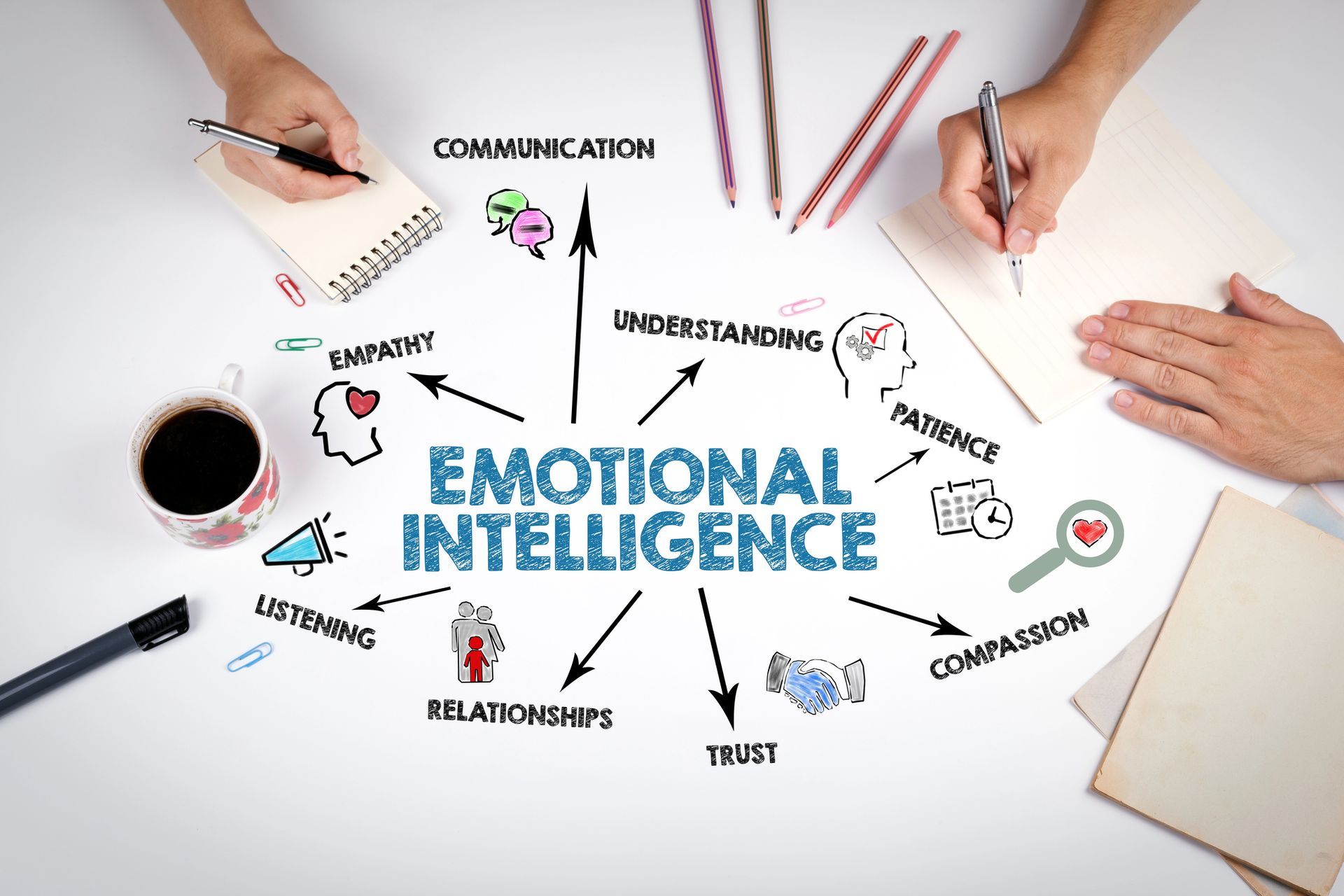Are you a blamer? Here’s how to stop the Blame Game
Blaming is a natural human tendency. When something bad happens, the first thing we want to know is, “whose fault is it?” Dr. Brené Brown considers why we blame others, how it sabotages our relationships, and why we desperately need to move beyond this toxic behavior. Watch her short on blaming below.
Blaming provides us with a means to discharge our pain, and makes us feel as though we have some grasp of control on a negative situation. While it may feel good to release anger by blaming others, it hurts our relationships with those around us, and makes it difficult for us to hold people accountable for their actions. As Brené explains in the video, blaming has an inverse relationship with accountability.
Here is a toxic example of an interaction between a couple:
Melissa: The house is a mess! We have company coming over in an hour, Craig. I thought we agreed that you would tidy up the kitchen once you got home from work. I can’t believe how careless you are!
Craig: I had a bunch to do at work today. I work long hours to put food on the table for our family while you stay at home all day! I don’t see why you didn’t have time to clean.
So what is happening here? It is not surprising that Craig reacts defensively considering how Melissa delivered her blatant criticism. While it’s reasonable that Craig would defend himself, research shows that this rarely results in the desired outcome. Defensiveness doesn’t make the attacking partner back down or apologize. In fact, most of the time it will escalate the argument even further.
This is because defensiveness is really an underhanded way of blaming your partner. When Melissa confronts Craig about his lack of housework, Craig responds with a counterattack about how Melissa stays at home all day. In other words, Craig is telling Melissa, “the problem isn’t me, it’s you.”
Furthermore, defensiveness and blaming lead to missed opportunities for an empathic and emotional connection. When we are listening with the intent to determine who’s at fault, we are not truly listening with empathy. This is problematic because empathy is crucial to feeling heard and understood in relationships.
The antidote to defensiveness is to accept responsibility, even if for only part of the problem. By holding ourselves accountable for our actions, we open the door to make the changes necessary to better ourselves. When we respond defensively by blaming, we slam that door shut, and give up our power to change.
Here’s how Melissa and Craig could say things differently:
Melissa: I’m really upset about how messy the house is. I thought we agreed that you would tidy up the kitchen once you got home from work.
Craig: I’m sorry, dear. I did agree to clean the kitchen. We still have an hour until company comes over so I’ll start washing the dishes. Would you help me out by drying the dishes with me?
In this interaction, Melissa avoids using criticism, and Craig accepts responsibility for his actions instead of blaming his partner.
Many of us don’t realize that negative comments may actually contain hidden pleas for connection. Harville Hendix says: that “behind every negative complaint is a wish.” Before rushing to respond defensively, pause and think about what your partner is trying to communicate. Practice accountability in your relationships with others. You might be surprised by how it increases your capacity for empathy and reconnection.
Register for our Newsletter and receive a Free Love Chat Package
- The 5 Steps to a Better Relationship
- Ongoing Monthly Relationship Tips
- If you want more love in your life, our relationship Love Chat Package is an easy cost-free first step.


















